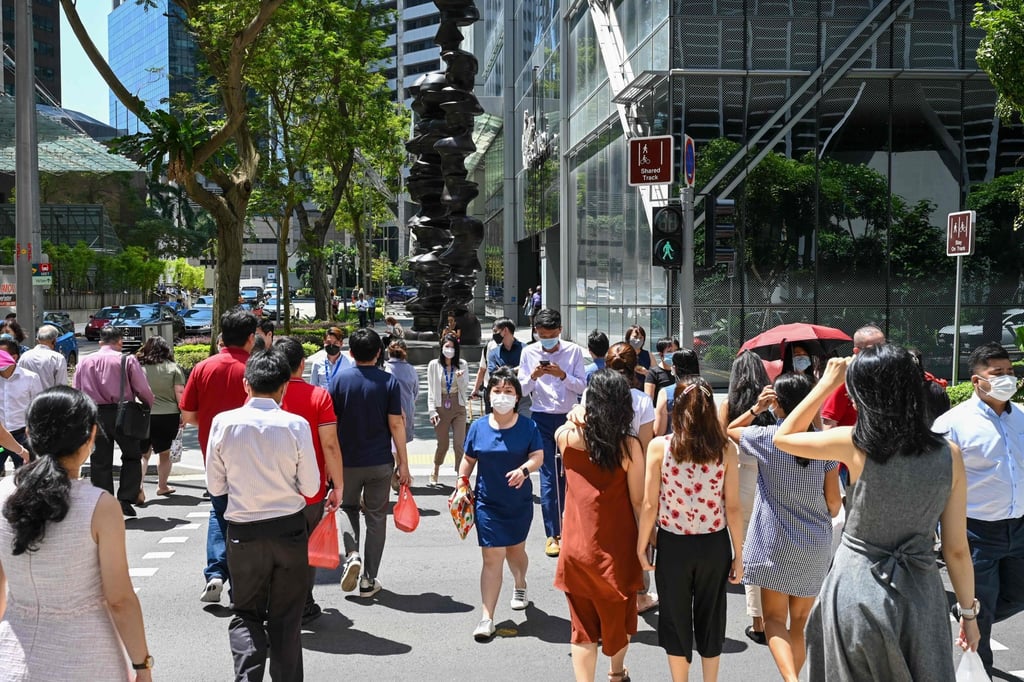From Singapore to Hong Kong and Japan, is a 4-day work week a pipe dream for Asia?
- Asian governments and companies have been slower, compared to their Western counterparts, in advocating for a healthy work-life balance
- But activists say while workers need to be working less, the region is far from ready to pursue such a concept and that employers may even pile on more demands into a shorter work week

South Korean tech firm Kakao, which has more than 10,000 employees, is planning a pilot programme for flexible and shorter working hours, while in Japan, Hitachi has introduced a system for some 15,000 workers to organise their schedules into a four-day work week.

But in a region notorious for working the longest hours in the world, some critics say such schemes are not likely to reap their intended benefits without governments and employers first addressing the factors behind such an entrenched work culture, and enacting more labour protection.
Anis Hidayah, head of Migrant Care, an Indonesian NGO promoting the rights of migrant workers, said the benefits of a four-day work week depended very much on its implementation and whether workers were expected to achieve the same output in less time.
“How this will affect workers and whether it will increase or decrease productivity is very important,” she said, adding that while the idea was good in practice, it may be difficult to roll out across all forms of employment.
